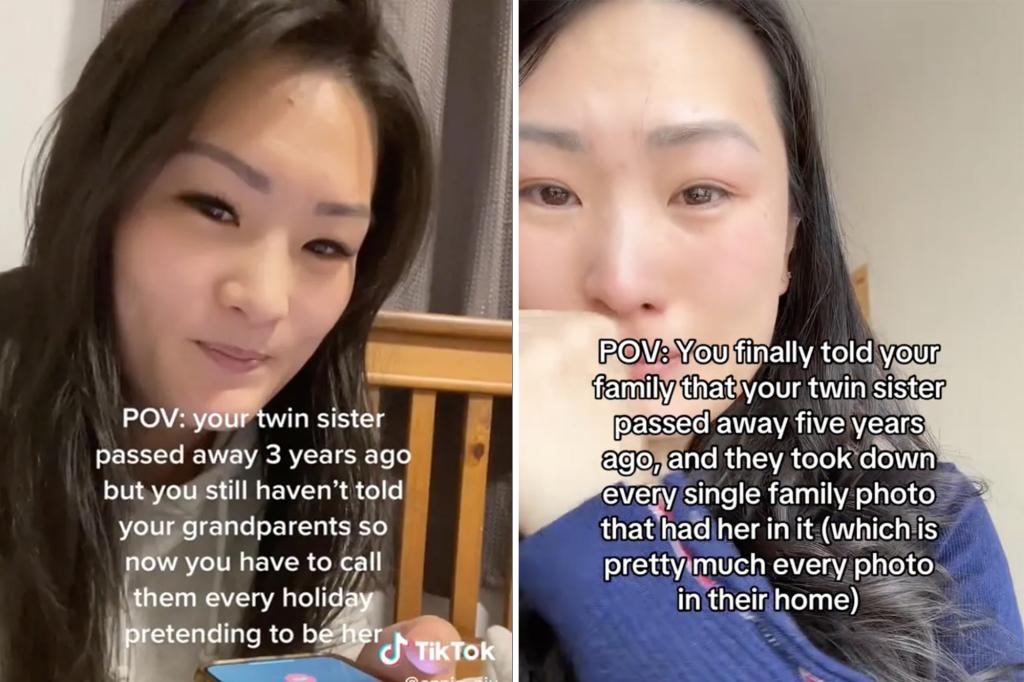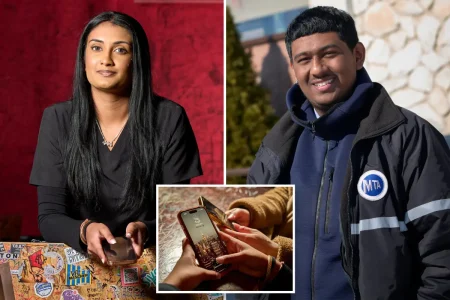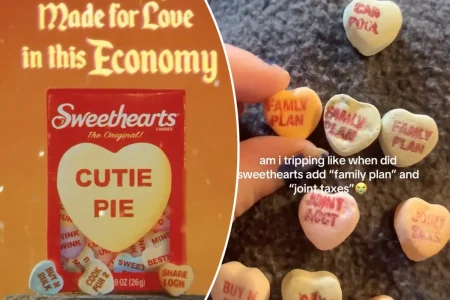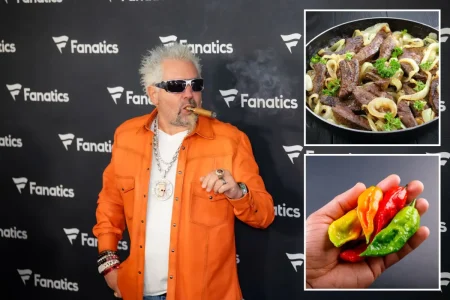Annie Niu, a lifestyle influencer, found herself entangled in a web of familial deception when she became complicit in concealing the death of her twin sister from her extended family, particularly her elderly grandparents. This charade, orchestrated by her father, spanned five years, with Niu assuming her deceased sister’s identity during family gatherings to maintain the illusion of her continued existence. The motivation behind this elaborate ruse stemmed from a deep-seated fear that the devastating news might precipitate the demise of their already frail grandparents, especially their 92-year-old grandmother.
Niu’s TikTok video, in which she revealed the truth, garnered millions of views and sparked a wave of mixed reactions. While some viewers expressed empathy and understanding, sharing similar experiences of withholding difficult information from loved ones, others were bewildered and perplexed by the family’s decision. Many questioned how such a significant event could be kept secret for so long, wondering if the grandparents never inquired about the absent twin’s whereabouts. The situation raised ethical questions about truthfulness and familial communication, highlighting the delicate balance between protecting loved ones from emotional distress and maintaining honesty.
The revelation of the truth had unforeseen consequences, particularly with Niu’s aunts, who responded by removing every photograph containing her deceased sister from their homes. This act, while seemingly drastic, reflected their emotional response to the delayed disclosure, a mixture of grief, perhaps anger, and a desire to erase the painful reminder of their loss. For Niu, visiting her grandfather and finding the walls bare of their shared memories brought a fresh wave of sadness, underscoring the complexity of grief and the ripple effects of withheld truths within a family.
The family’s decision to conceal the death was rooted in a protective instinct, an attempt to shield their vulnerable grandparents from the potential heartbreak of losing another grandchild. Their advanced age and fragile health amplified the family’s concerns, leading them to believe that the emotional shock could prove fatal. Niu’s father, burdened by the responsibility of breaking the news, opted for a path of concealment, hoping to spare his parents the agony of loss. This decision, however well-intentioned, ultimately led to a complicated web of deceit and delayed grieving.
The online response to Niu’s story revealed a wide spectrum of opinions and experiences. While some individuals could relate to the desire to protect loved ones from pain, others struggled to comprehend the logic behind such a prolonged deception. The cultural context of grief and familial communication played a role in shaping these responses, as different societies hold varying perspectives on the appropriateness of withholding such information. The story ignited a conversation about the ethical implications of such decisions, prompting reflection on the potential consequences of prioritizing emotional well-being over truthfulness.
The case of Annie Niu and her family underscores the delicate and often challenging dynamics of familial relationships, particularly when navigating difficult circumstances like death and loss. The decision to withhold information, even with the noblest of intentions, can create complexities and unintended consequences. Niu’s story serves as a poignant reminder of the importance of open communication and the long-term impact of secrets within families, highlighting the delicate balance between protecting loved ones and upholding honesty in the face of adversity. It also sparked a broader conversation about cultural nuances surrounding grief and the diverse ways families cope with loss.















